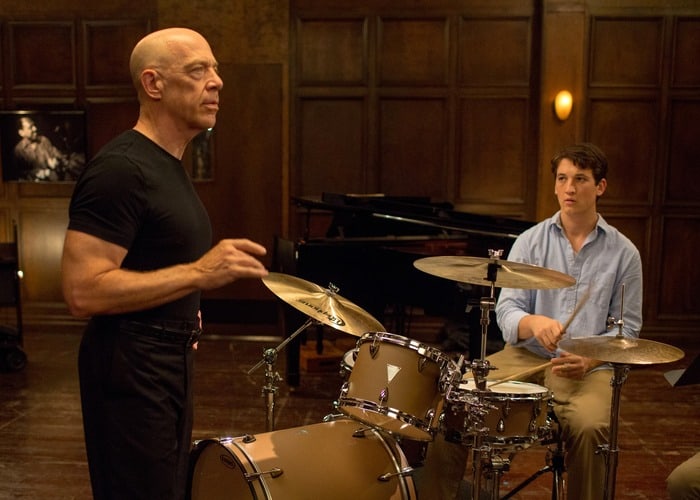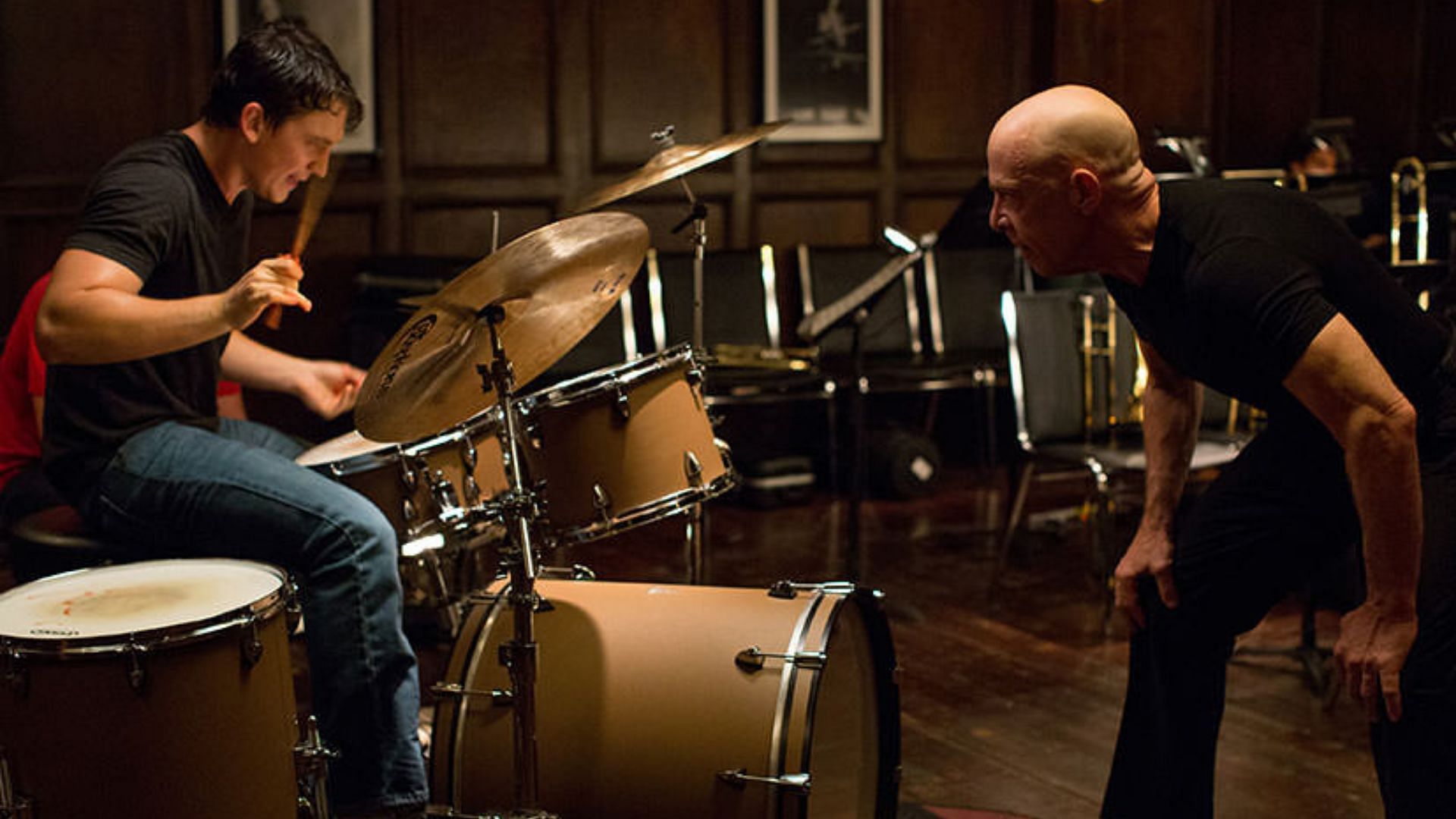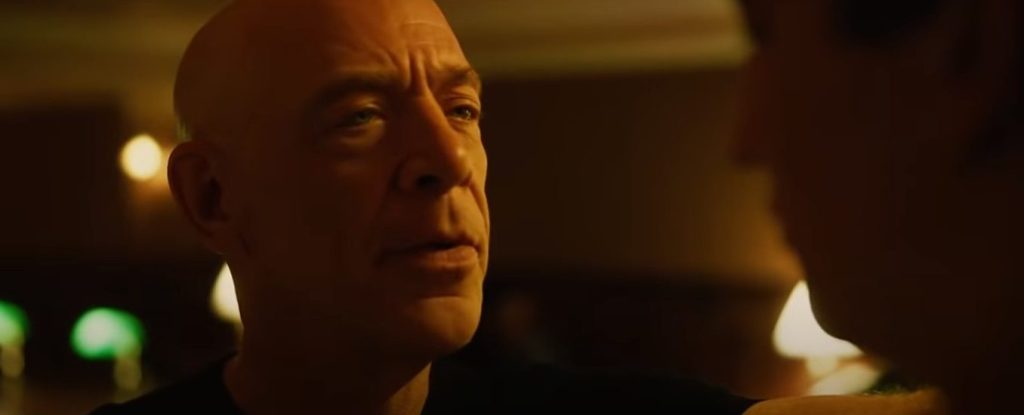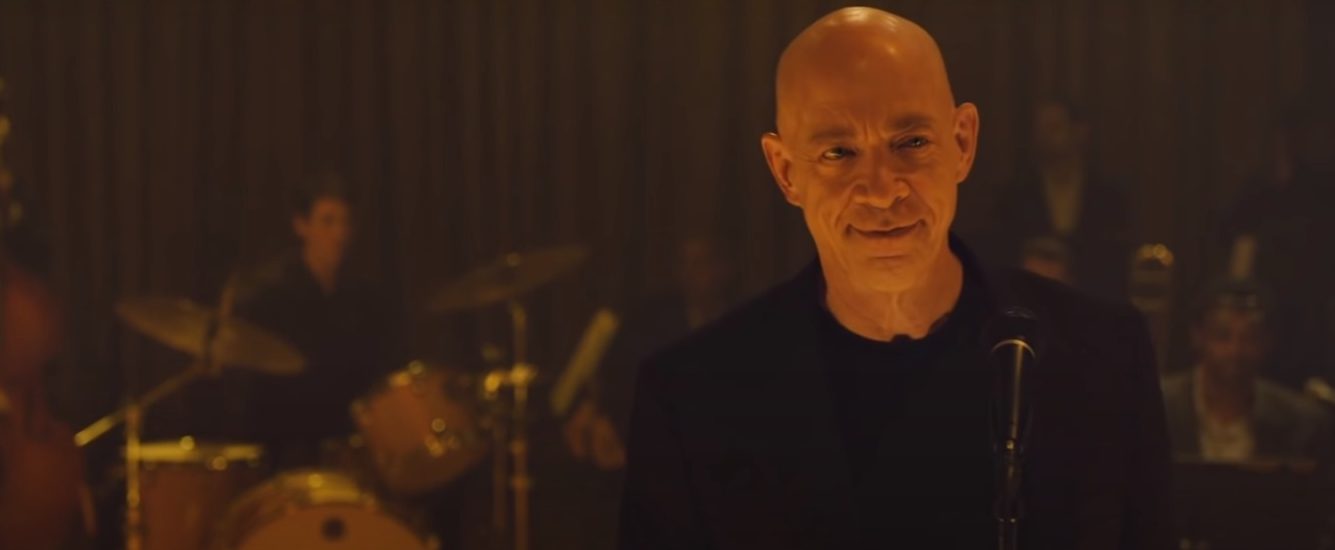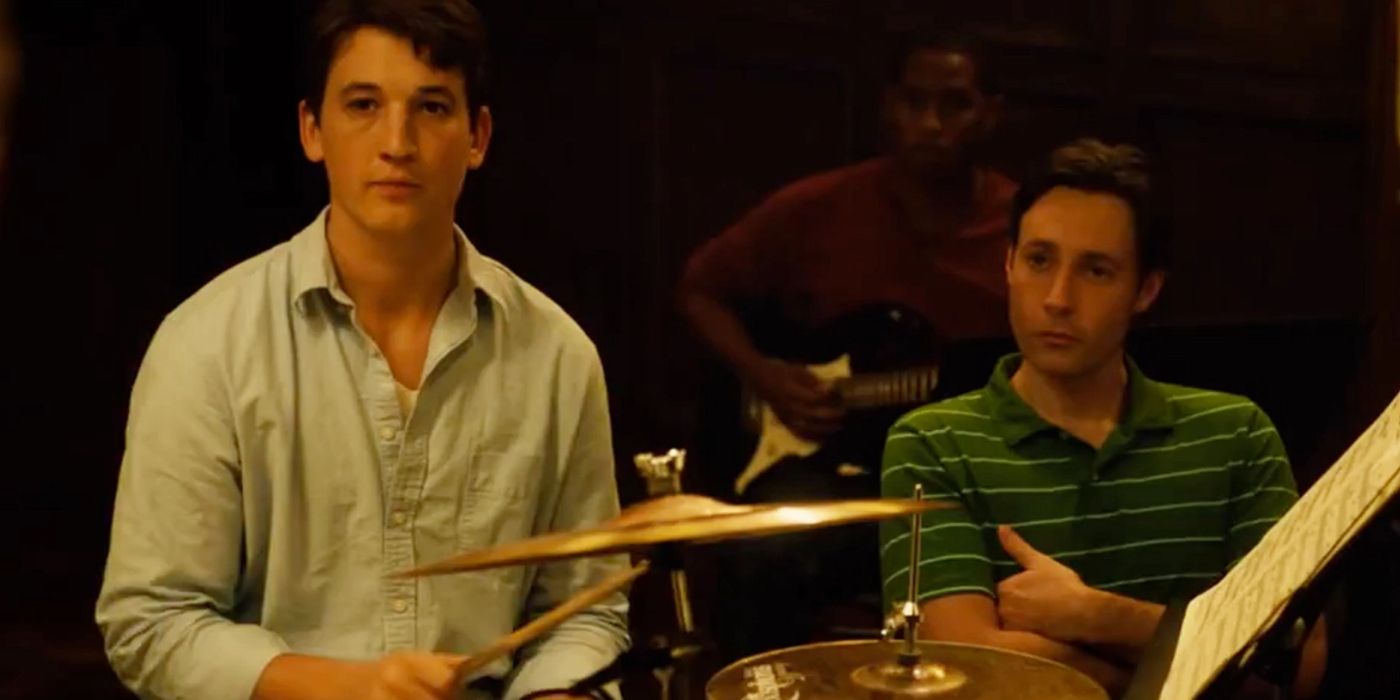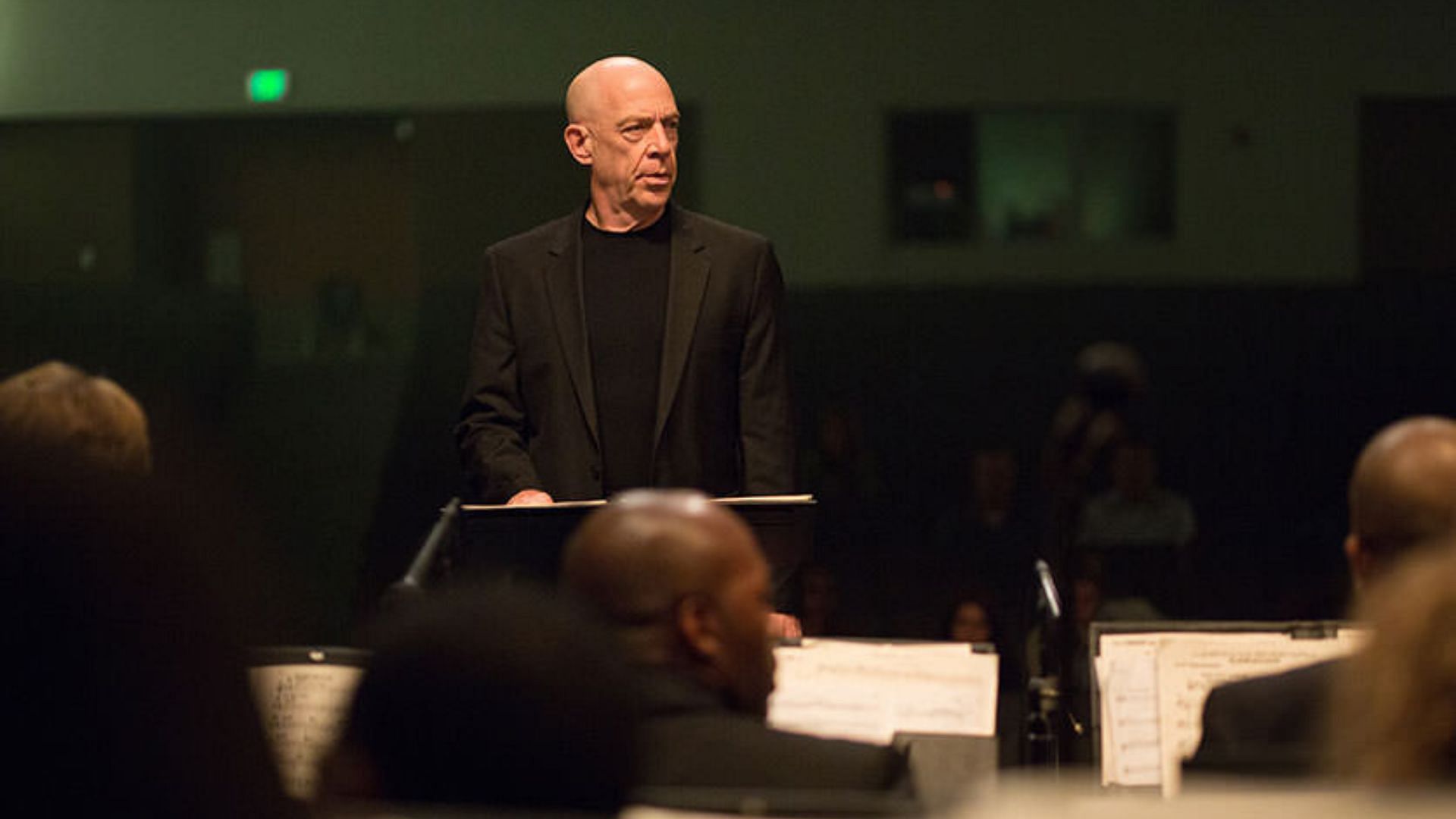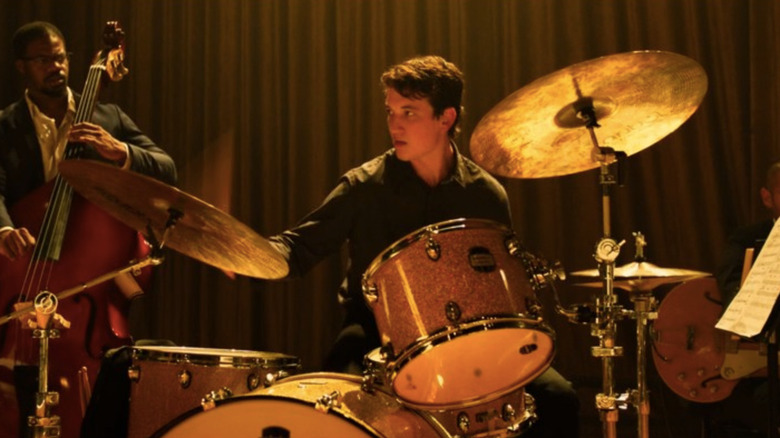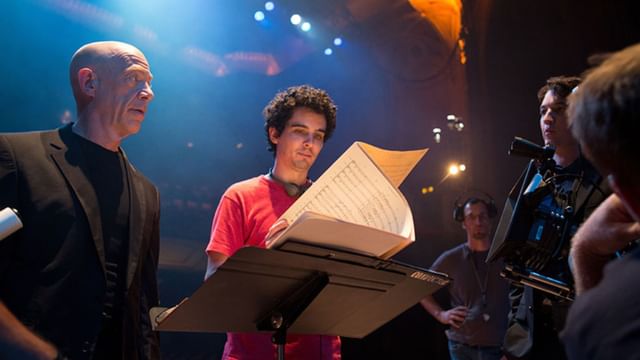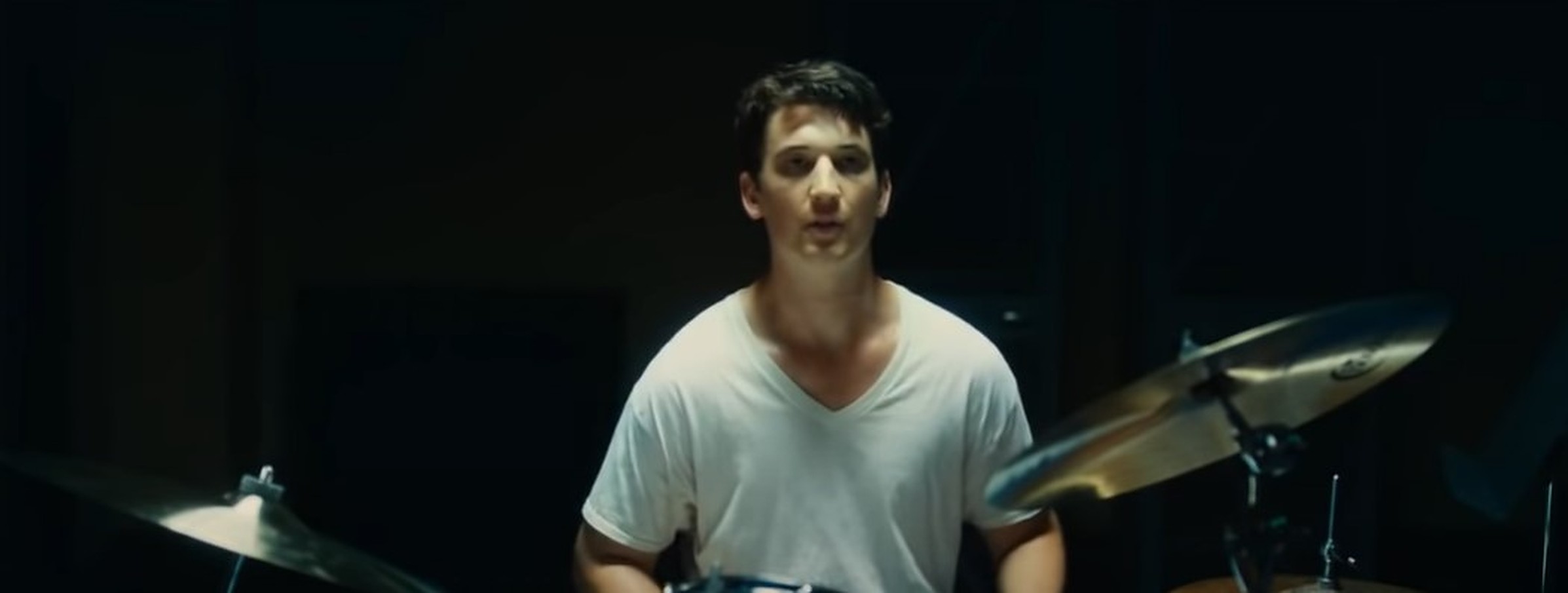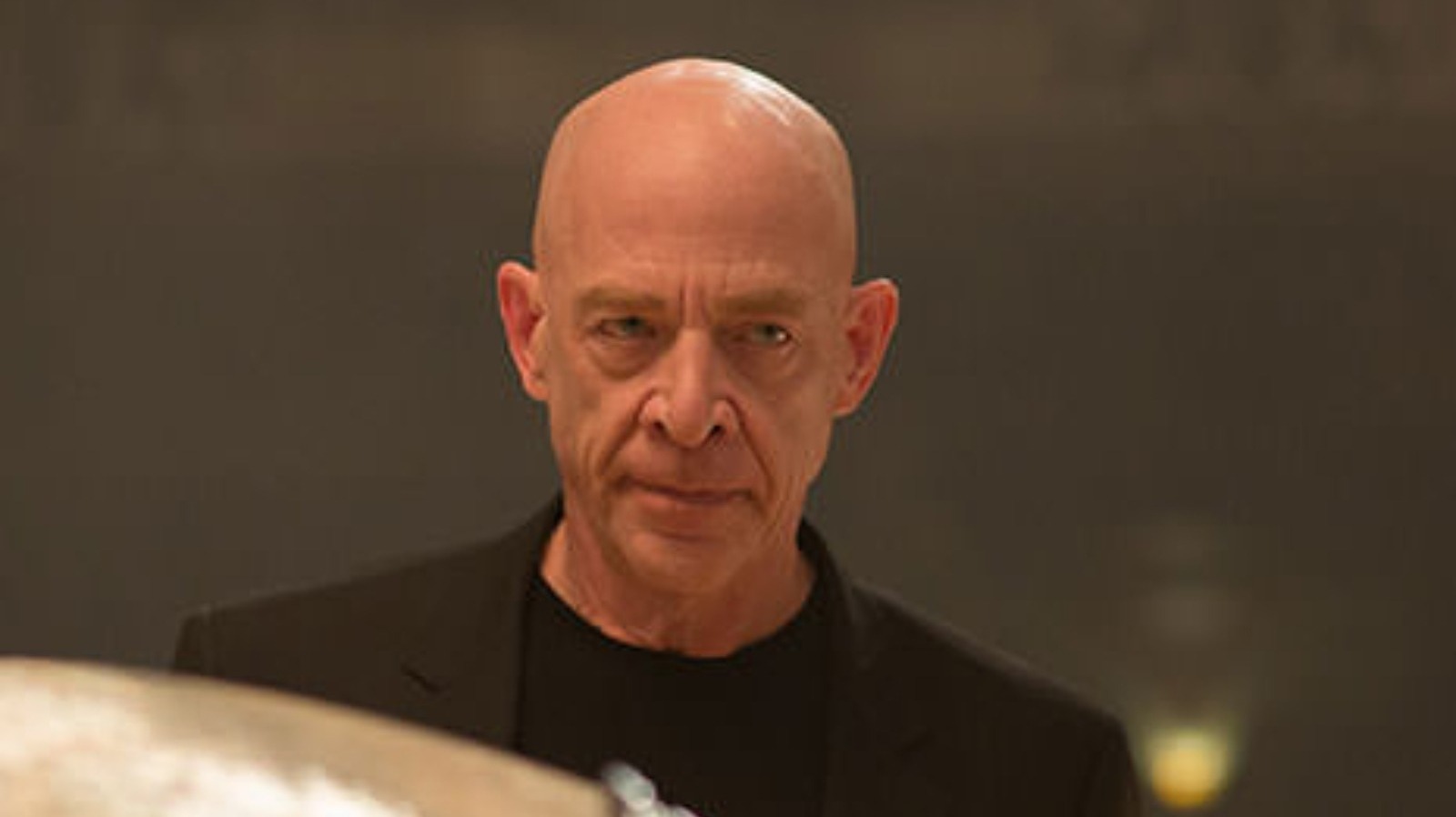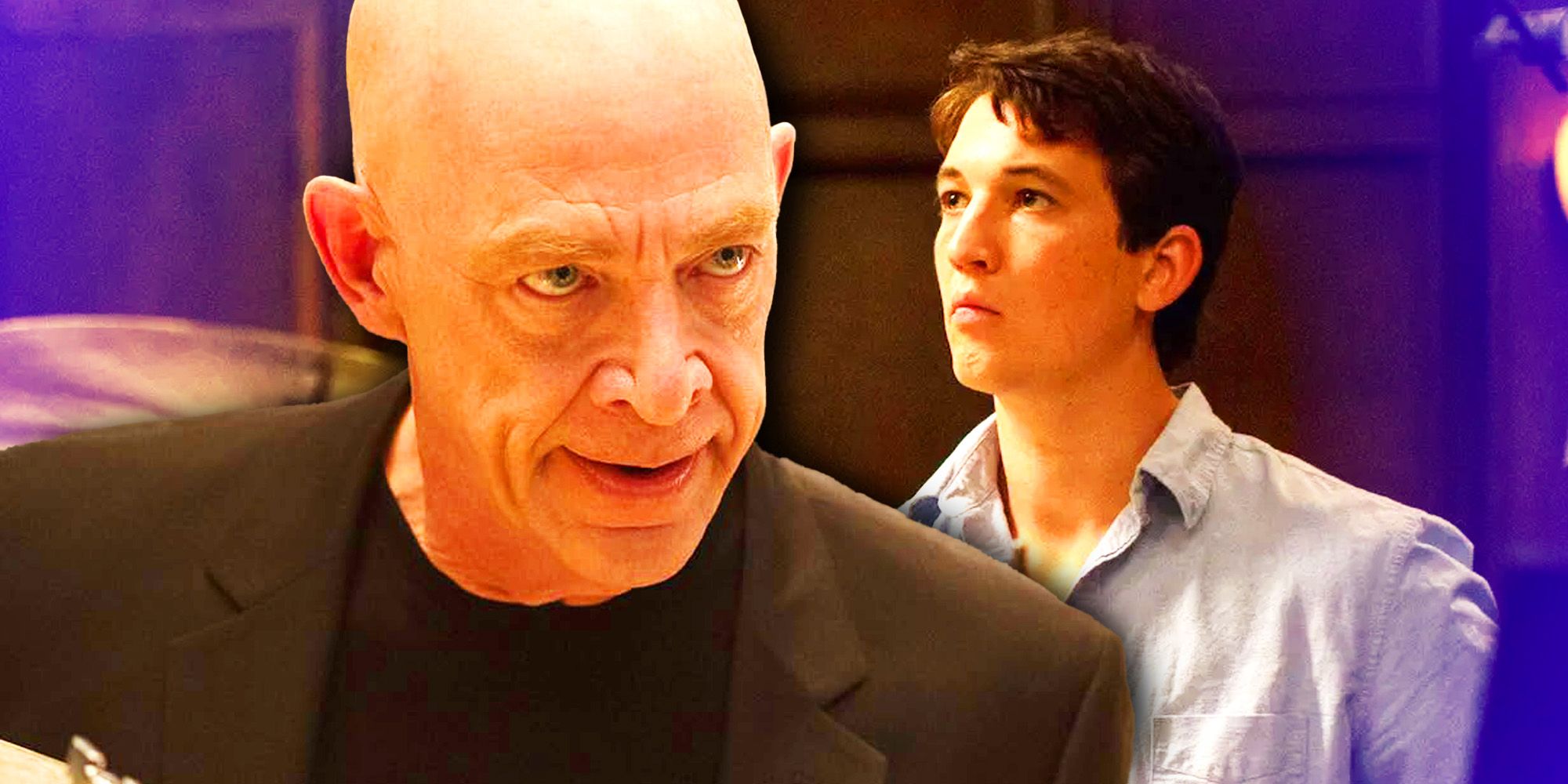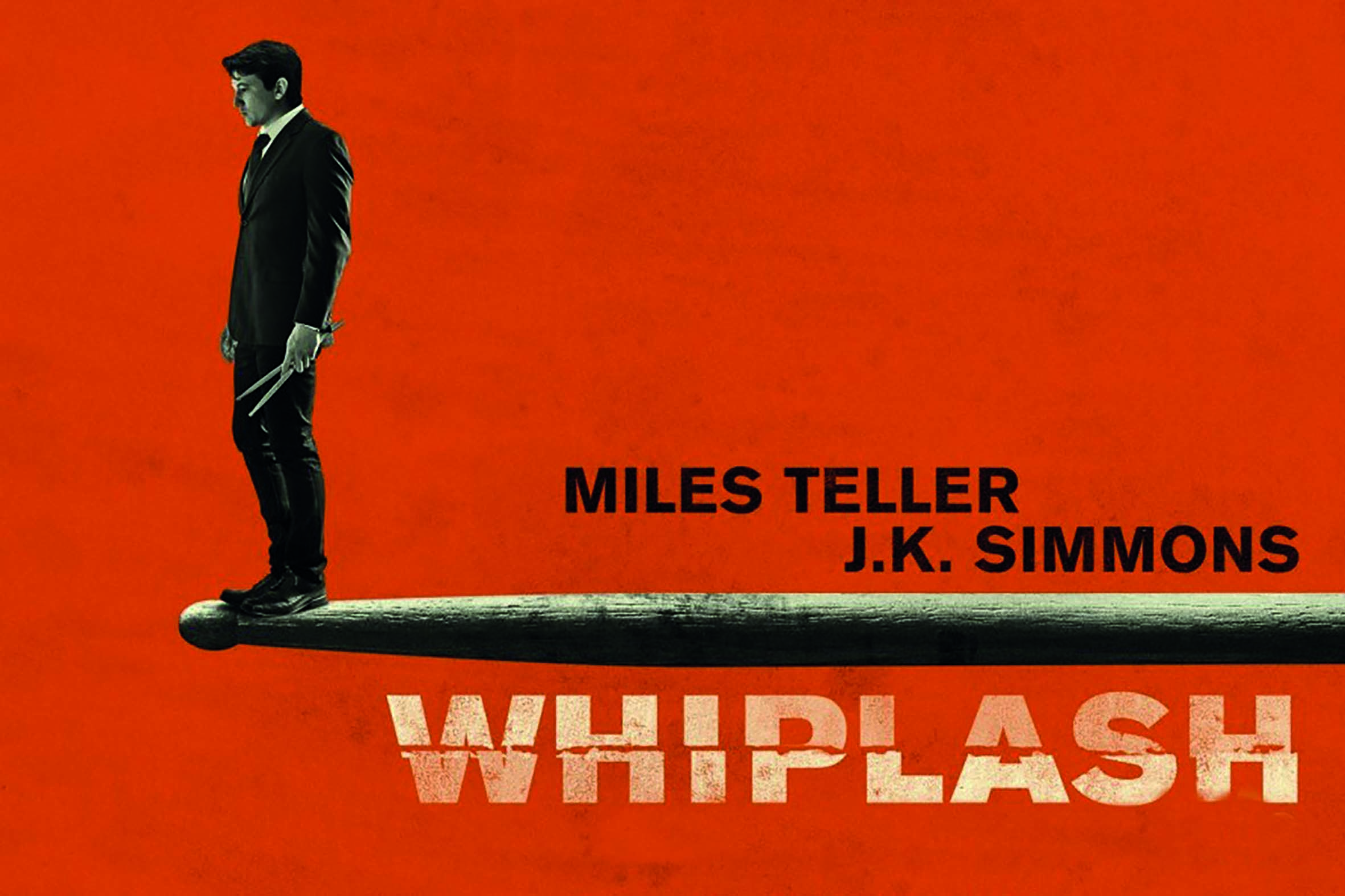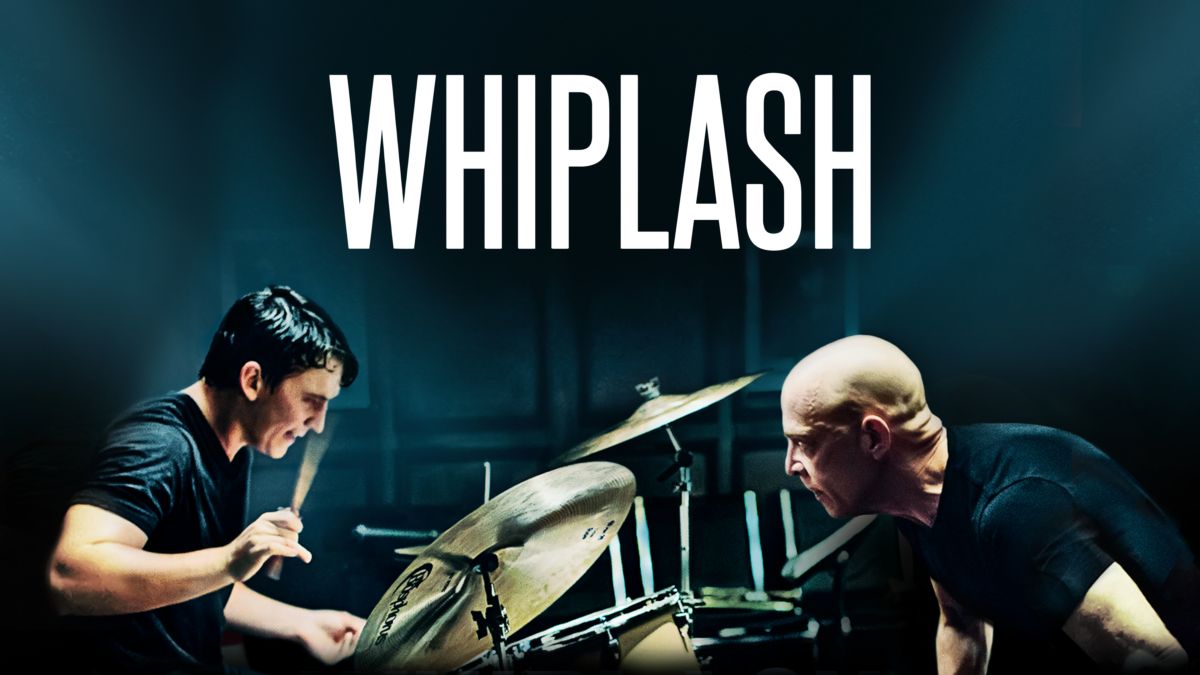Is Whiplash Based On A True Story
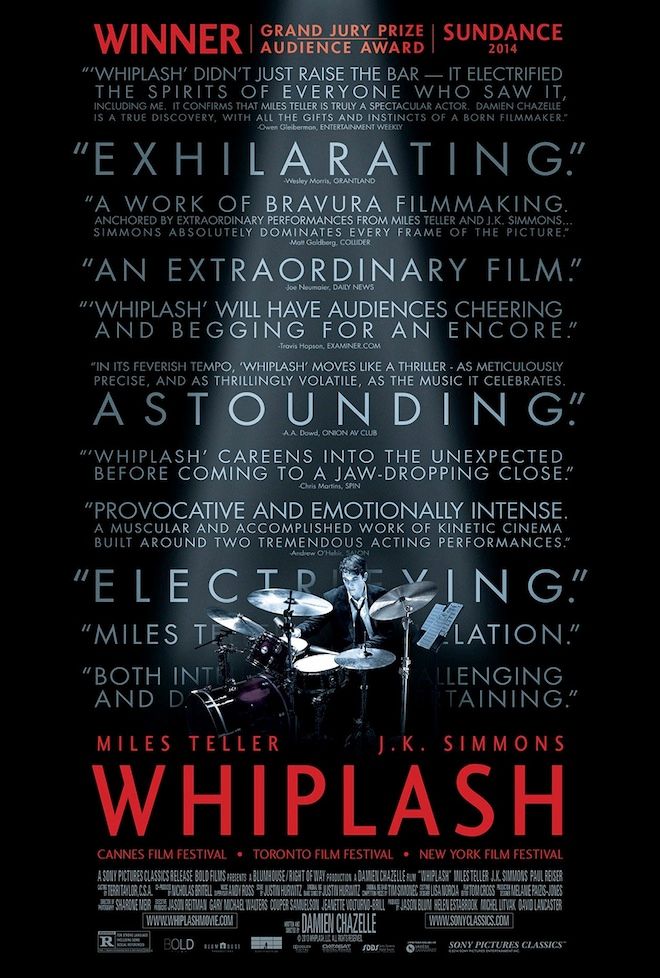
The 2014 film Whiplash, a visceral portrayal of ambition and the brutal pursuit of perfection, has resonated deeply with audiences and critics alike. Its depiction of the intense relationship between a young jazz drummer and his demanding instructor has sparked considerable debate, leaving many to wonder: is Whiplash based on a true story? The film's raw intensity and seemingly unbelievable scenarios have fueled speculation about the real-life inspiration behind the narrative.
The film's core question hinges on whether the extreme methods depicted in the film reflect actual practices in music education or are merely a dramatic exaggeration for cinematic effect. This article delves into the genesis of Whiplash, examining director Damien Chazelle's personal experiences, exploring the testimonies of professional musicians, and analyzing the film's narrative choices to determine the extent to which it is rooted in reality versus artistic license. Ultimately, this investigation aims to dissect the complex relationship between inspiration, adaptation, and the enduring power of storytelling.
The Director's Inspiration: Damien Chazelle's Jazz Journey
Whiplash is not a direct adaptation of a single, documented event. Director Damien Chazelle has openly stated that the film is heavily inspired by his own experiences as a high school jazz drummer.
Chazelle, in numerous interviews, described his time in a competitive jazz band as intensely stressful and demanding. He recalled a band leader who, while not as overtly abusive as Terence Fletcher (the character played by J.K. Simmons), instilled a similar atmosphere of fear and relentless pressure. This personal connection to the world of competitive jazz drumming formed the bedrock of the film's narrative.
The Reality of Competitive Music Programs
The question then becomes: how accurately does Chazelle's experience reflect the broader reality of competitive music programs? Many professional musicians and music educators have weighed in on the film, offering diverse perspectives.
Some argue that Whiplash exaggerates the intensity of music education for dramatic effect. They contend that while demanding instructors exist, the extreme psychological abuse depicted in the film is rare and unethical.
Others maintain that Whiplash, while perhaps not universally representative, captures the essence of the relentless pursuit of excellence that can exist in high-pressure artistic environments. They acknowledge the presence of demanding instructors who push students to their limits, albeit often with less overtly abusive tactics.
Perspectives from the Music World
The reaction from the professional music community has been mixed. Many musicians have found the film's depiction of the obsessive dedication and grueling practice regimen to be relatable.
However, the character of Terence Fletcher has been a point of contention. Some musicians argue that such an abusive instructor is an unrealistic caricature, while others acknowledge that similar personalities, albeit often less extreme, can be found in the music world.
Questlove, the drummer for The Roots, has spoken about the film, acknowledging the intensity of the jazz world and the drive for perfection. He has also expressed some reservations about the portrayal of Fletcher, suggesting that while demanding instructors exist, the film may overstate the prevalence of outright abuse.
The Ethical Implications of Fletcher's Methods
Regardless of the degree of realism, the ethical implications of Fletcher's teaching methods are a crucial aspect of the film's narrative. Fletcher's methods raise questions about the line between rigorous discipline and outright abuse.
The film prompts viewers to consider whether the pursuit of artistic excellence can ever justify the infliction of psychological harm. This ethical dilemma is a central theme of Whiplash, regardless of its factual basis.
Artistic License and Dramatic Effect
Ultimately, Whiplash is a work of fiction, and Damien Chazelle has acknowledged that he took liberties with reality to create a compelling and dramatic narrative. The film's intensity is amplified for cinematic effect, and certain events are likely exaggerated or compressed for storytelling purposes.
While the film is inspired by Chazelle's personal experiences and the realities of competitive music programs, it is not a documentary or a direct recreation of specific events. It is a fictionalized exploration of ambition, obsession, and the complex relationship between mentor and student.
The film's success lies in its ability to tap into universal themes of striving for greatness and the sacrifices required to achieve it. These themes resonate with audiences regardless of their familiarity with the world of jazz drumming.
Conclusion: Truth in Exaggeration
While Whiplash is not based on a single, verifiable true story, it is rooted in Damien Chazelle's personal experiences and observations of the competitive music world. The film's depiction of intense pressure, obsessive dedication, and demanding instructors reflects, to some extent, the realities of certain artistic environments.
However, the character of Terence Fletcher and the extreme methods he employs are likely amplified for dramatic effect. The film takes artistic liberties to create a compelling and thought-provoking narrative.
Ultimately, Whiplash's power lies not in its literal truth, but in its exploration of universal themes and its ability to provoke discussion about the ethics of ambition and the pursuit of perfection. The film serves as a cautionary tale about the potential dangers of unchecked ambition and the importance of ethical behavior, regardless of the field.

